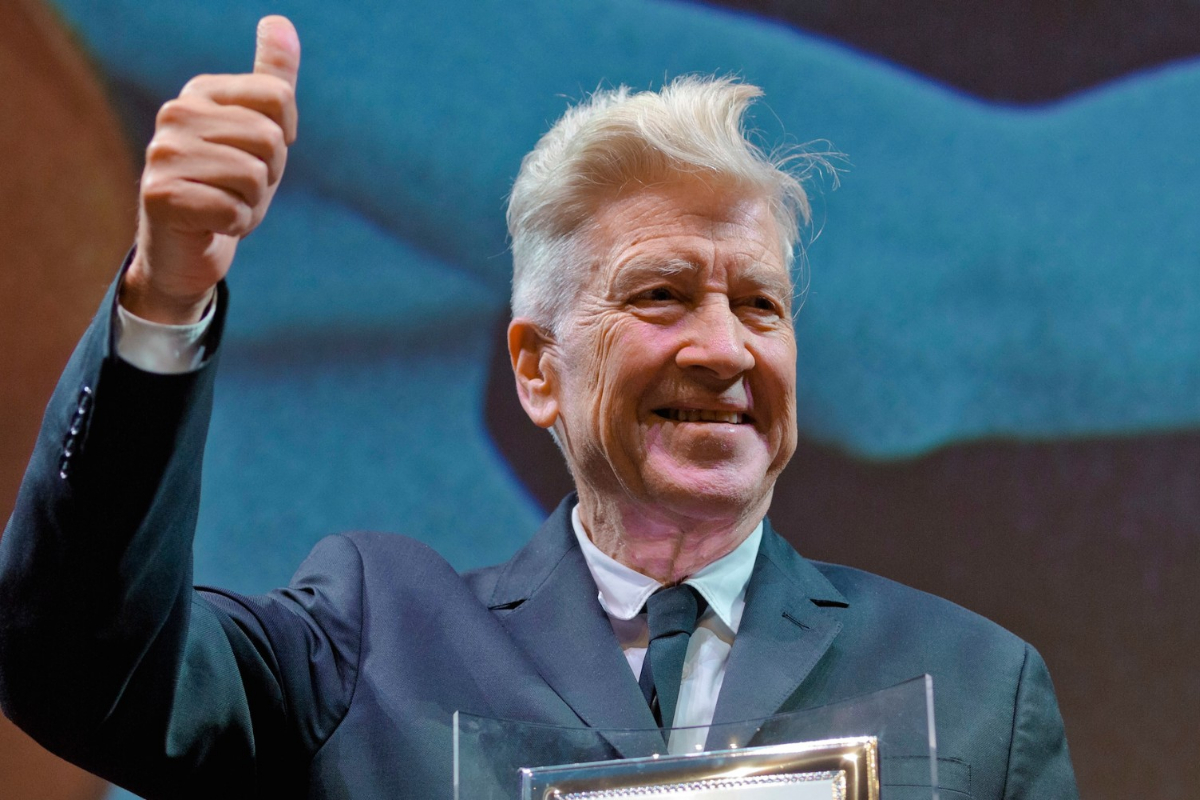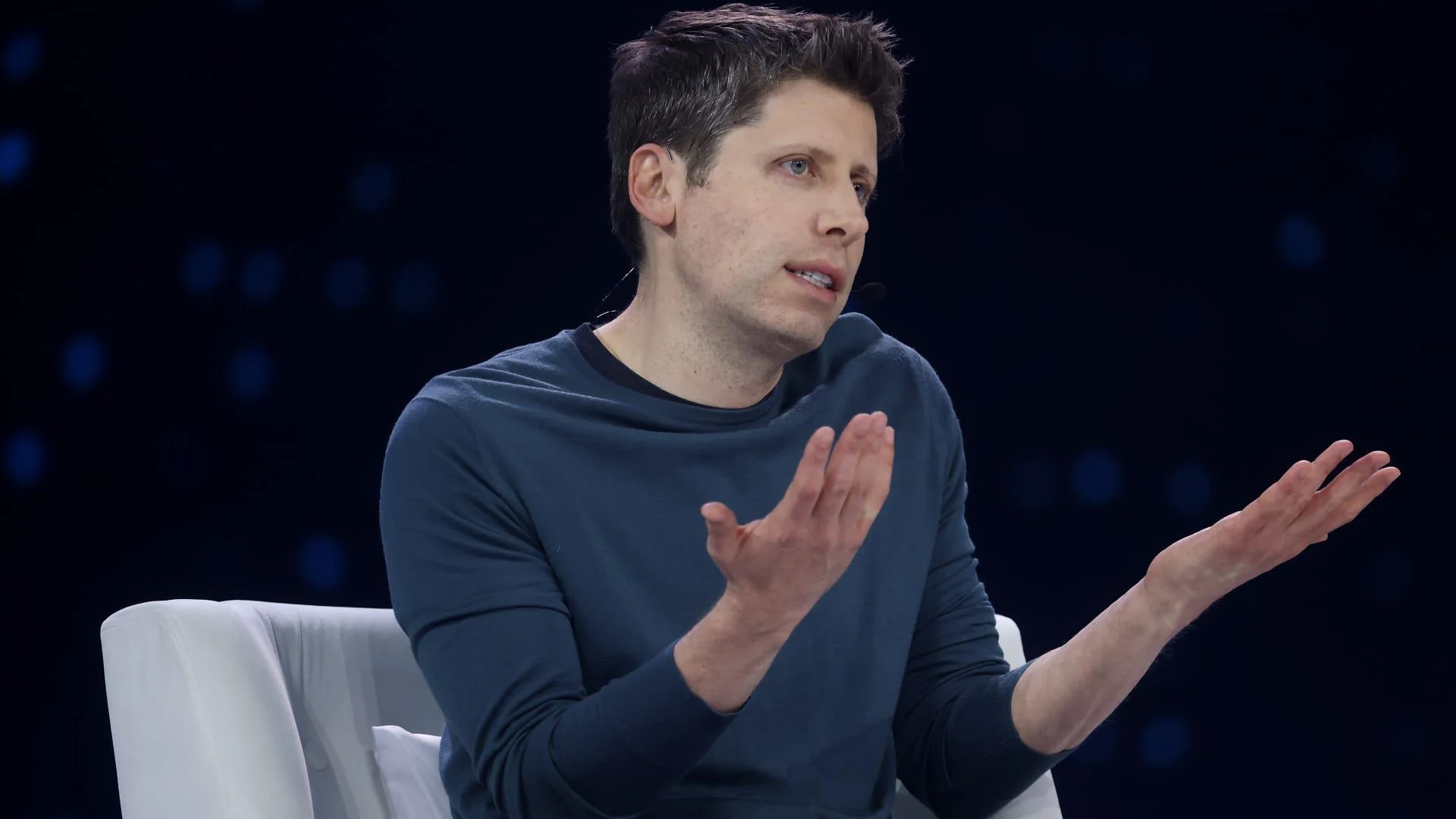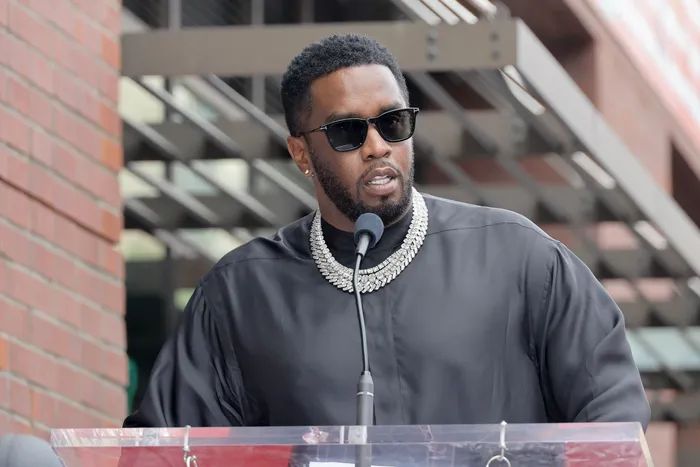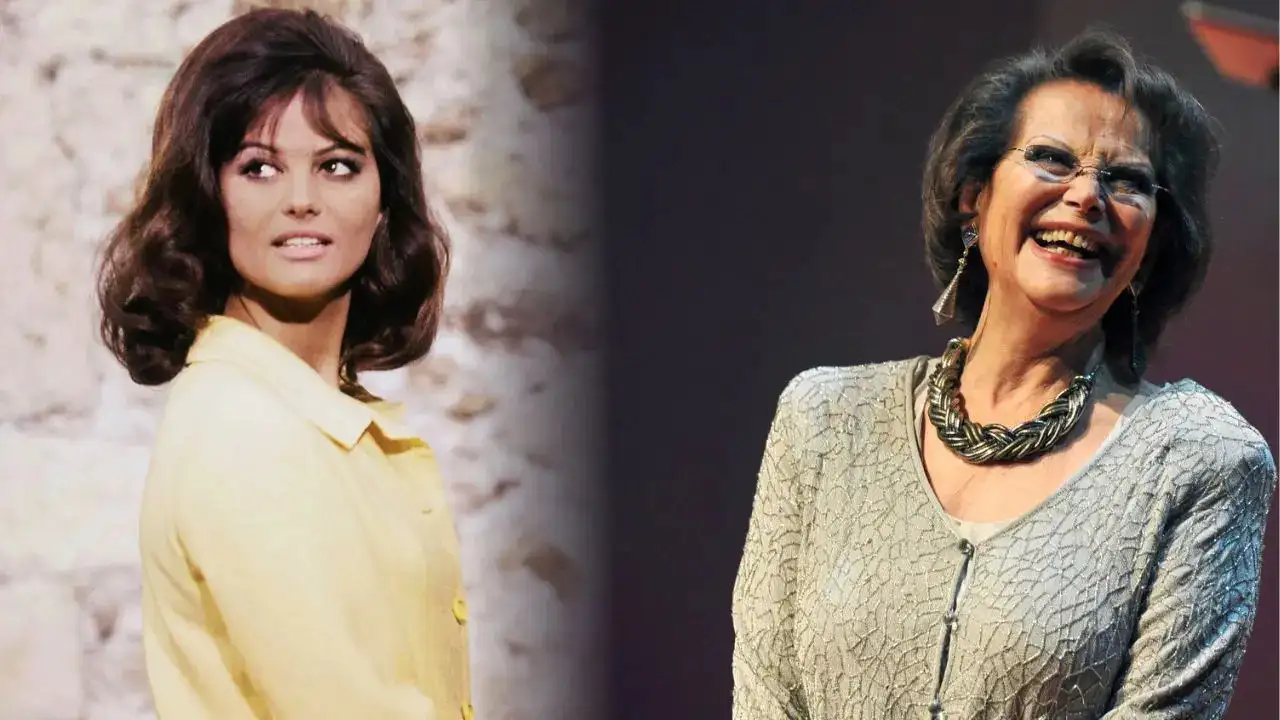- David Lynch’s performance as John Ford is hilarious to watch.
- It doesn’t take long for someone to realize that The Fabelmans is an autobiographical movie
- The Fabelmans were surprisingly adapted almost verbatim from reality.
David Lynch’s performance as John Ford is hilarious to watch. It doesn’t take long for someone to realize that The Fabelmans is an autobiographical movie about Steven Spielberg’s childhood. Despite going by the name Sammy Fabelman (Gabriel LaBelle), the teenage protagonist is clearly a stand-in for the director due to his passion for movies and certain occurrences.
The Fabelmans is based on genuine events, although like with other biopics, it can occasionally be challenging to distinguish between what is accurate and what has been fictionalized. Usually, well-crafted speech and details are dead giveaways because they may transform a routine situation into one with meaning, humor, or significance. Strangely, one of the most obviously manufactured passages in The Fabelmans was surprisingly adapted almost verbatim from reality. It is the movie’s closing scene, and it puts the icing on this cinematic feast.
In the scenario, Sammy attends an interview to work as a production assistant on CBS’s Hogan’s Heroes, which would be his first job in Hollywood. He mentions his love of movies during the interview, and the television executive pushes him to walk across the hall to the office of one of the greatest film filmmakers ever. Sammy scans the lobby while he waits for the enigmatic guy to emerge from his office and sees posters for Stagecoach, How Green Was My Valley, The Informer, The Searchers, and The Man Who Shot Liberty Valance. The fact that he is awaiting a meeting with renowned director John Ford then becomes very clear.
None other than contemporary filmmaking legend David Lynch is cast as Ford when he arrives. He enters his office with a stutter while sporting worn clothing, an eye patch, and lipstick marks all over his face. They tell me you want to be a picture creator, Ford says as Sammy arrives after his assistant has gone in to remove the lipstick. Ford takes a while to cut and light a cigar. Ford then asks Sammy what he knows about art and asks him to assess a few paintings on the wall while the star-struck Sammy stumbles for an elegant reply.
Sammy starts describing what he sees, but Ford shouts at him and tells him to point out the horizons, which are, respectively, at the top and bottom of the first and second paintings. In the end, he gives Sammy the suggestion that if he can figure out how (and why) to place the horizon at the top or bottom of a frame rather than through the middle, he could one day be able to make a somewhat decent movie. With that, he orders Sammy to “Get the fuck out of my office,” and as Sammy leaves the office and heads toward the studio lot, the camera jerkily pans upward just as the end credits roll.
This sequence, which is simultaneously humorous, significant, and narratively crucial for the film’s conclusion, can easily be mistaken for an unnecessary Hollywood flourish in Spielberg’s narrative. But as everyone who has watched Spielberg discuss his influences in interviews knows, he truly did meet John Ford during one of his first interviews in Hollywood, and the meeting happened almost exactly how it is portrayed in The Fabelmans. In the 2006 version of Peter Bogdanovich’s documentary, Directed by John Ford, in which Spielberg and other filmmakers discuss the influence that John Ford had on their careers, he tells the story. Right down to the lipstick smears and the explicit farewell, Spielberg tells the story from The Fabelmans’ final moment early in the documentary.
The scene serves as both the source material for the story’s beautiful climax as well as its endearingly stranger-than-fiction source material. Sammy watches The Man Who Shot Liberty Valance during the first act of The Fabelman, and it acts as motivation for some of his initial eight-millimeter cinema endeavors. Sammy’s ambitious filmmaking journey is inspired by Ford’s work, which drives the narrative of the entire film. So, Sammy’s interaction with Ford in the third act represents a kind of success.
Additionally, it demonstrates Sammy’s commitment to film after the conclusion of the narrative. Sammy departs the movie with the same creative spirit he had at the beginning, despite his changing connection with the craft throughout the film—both times thanks to Ford.
[embedpost slug=”david-beckham-sang-all-i-want-for-christmas-and-mariah-carey-liked-it/”]





















